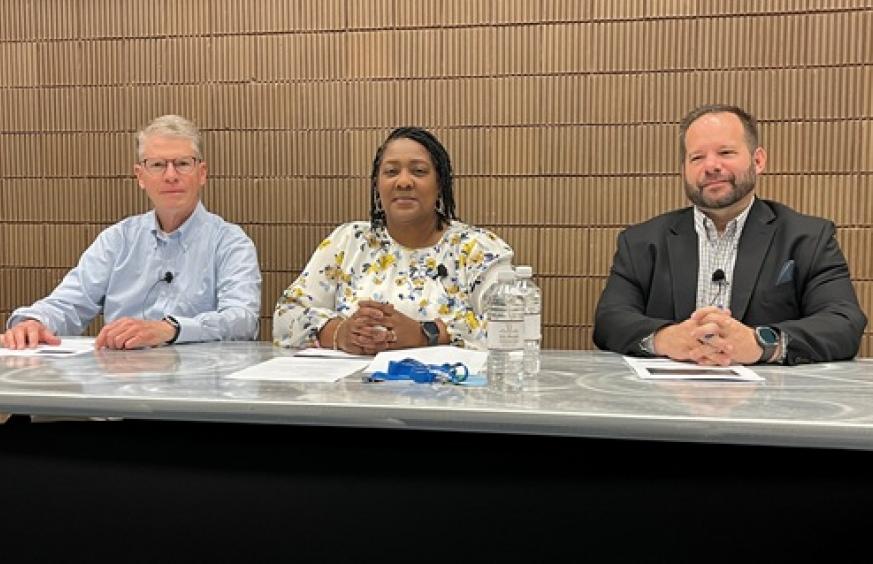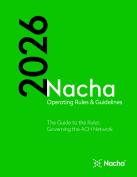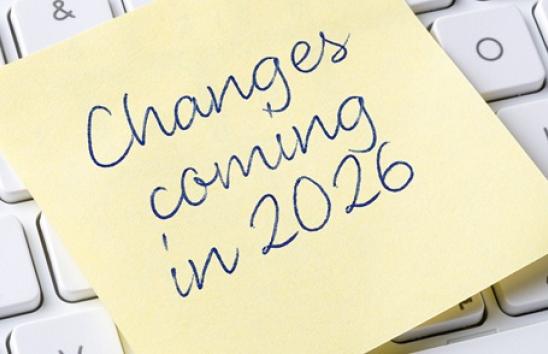ACH Operators: Competitors and Partners Working Well Together

(L-R) Devon Marsh, Kathleen Davis, Jason Carone.
NEW ORLEANS—You wouldn’t find Pepsi working with Coke, but when it comes to the two ACH Operators, it’s a very different story.
“It’s always interesting to have your only competitor be also your biggest partner,” said Jason Carone, Senior Vice President, ACH Product Management at The Clearing House. But Carone said that when it comes to the Federal Reserve, the two “work very, very well together” where appropriate.
“We’ve got two Network Operators, we’re running two independent systems, yet I don’t think anybody even realizes it is anything other than one ACH Network. It’s completely seamless behind the scenes.”
And that’s important, because as Kathleen Davis, Operations Strategy Program Director, Federal Reserve Financial Services, noted, the two Operators combined process about 134 million ACH payments every day.
“Our common goal is to make sure we have the best possible service,” said Davis, who joined Carone at the April 28 ACH State of the Union at Smarter Faster Payments 2025. “We are definitely smarter, stronger together.”
ACH Network users are benefiting from the Operators’ can-do attitude, and the 2024 numbers reflect that, with volume up 6.7% over 2023, to 33.6 billion payments.
“The biggest volume segment with very strong growth, was business-to-business volume,” said Devon Marsh, Nacha Managing Director, ACH Network Rules and Risk Management. “From 2023 to 2024, 11.6% growth,” said Marsh, adding the pandemic era B2B volume surge is continuing “for very good reasons,” including convenience, and the $1 million per payment limit for Same Day ACH.
But Carone noted “there is still a huge amount of volume in checks,” and pointed to research that found the top reason why businesses still use checks is they think it’s safer.
“That’s frightening,” said Carone. “Check is the number one fraud vector right now.”
Panelists noted that new Nacha Rules intended to reduce the incidence of successful fraud attempts and improve the recovery of funds after frauds have occurred take effect next year. And they reminded attendees of the Nacha Rule requirements regarding the ACH Contact Registry. Financial institutions must provide phone numbers and email addresses for ACH operations and fraud/risk management which are monitored during business hours.
“The important thing is to make sure they’re up to date,” said Davis. She said “obsolete contacts” have been a big problem and encouraged FIs to make updating the Registry part of their procedures.







